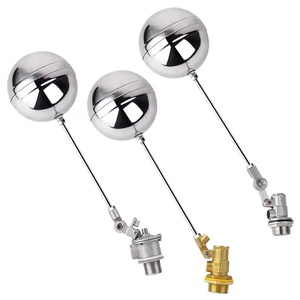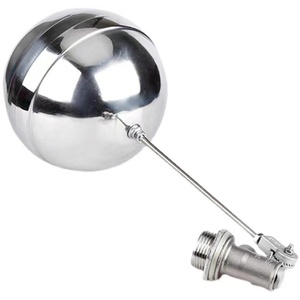Introduction to Flooding Valves
Flooding valves are essential devices designed to control and manage water pressure in various systems, particularly in industrial and commercial settings. Their primary function is to prevent flooding by automatically sealing off a water supply when certain conditions are met. These innovative solutions are vital in protecting equipment and infrastructure from water damage, making them a popular choice in sectors such as construction, manufacturing, and agriculture.
Types of Flooding Valves
Flooding valves come in various types, each tailored to meet specific application needs. Understanding these types can help users select the ideal valve for their particular situation.
- Manual Flooding Valves: These require manual operation to close or open, providing a cost-effective solution for systems with infrequent water exposure.
- Automatic Flooding Valves: Designed to operate without human intervention, these valves detect excess pressure or water levels and seal off the supply automatically.
- Float-operated Valves: Utilizing a buoyancy mechanism, these valves open or close based on the water level, offering reliable performance in various fluid conditions.
- Electromechanical Valves: These utilize electronic sensors and actuators for precise operation, ideal for complex systems requiring real-time water management.
Applications of Flooding Valves
The versatility of flooding valves makes them suitable for a wide range of applications. Their effectiveness in managing water flow can be seen across numerous industries:
- Water Management Systems: Essential in wastewater treatment plants, these valves prevent overflow and ensure a stable water supply.
- Irrigation Systems: In agriculture, flooding valves help regulate water levels to promote healthy crop growth while preventing saturations.
- Manufacturing Facilities: These valves protect machinery and equipment from water damage due to unexpected leaks or flooding.
- Fire Suppression Systems: Ensuring that water is available when needed and quickly sealed off when not, flooding valves improve the effectiveness of fire safety systems.
Advantages of Flooding Valves
Investing in high-quality flooding valves offers a myriad of advantages, making them a smart choice for businesses seeking to enhance water management solutions:
- Protection against Water Damage: Flooding valves act as a first line of defense against accidental flooding, helping to protect valuable assets.
- Automatic Operation: Many models provide automatic control, reducing the need for constant human oversight and minimizing the risk of errors.
- Cost-Effective Maintenance: Designed for durability, flooding valves generally require less frequent repairs, saving on maintenance costs.
- Enhanced Safety: By controlling water flow, these valves mitigate the risks associated with flooding, enhancing workplace safety for employees.
- Versatility: Available in various types and sizes, flooding valves can be customized to meet the specific requirements of any application, providing flexibility in installation and use.















































